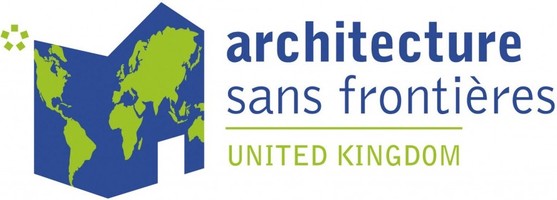Participatory design methodologies at the World Urban Forum
ASF-UK facilitated a training event on participatory design methodologies at the World Urban Forum in Naples, Italy. These methods have been developed in the ‘Change-by-Design’ action-research workshops implemented by ASF-UK in Brazil and Kenya. The training attracted over 100 participants from a diverse range of backgrounds – residents, CBOs, NGOs, private sector, academics, as well as managers of large scale development projects and local and central government officials. It consisted of a short introduction to the overall concepts and approaches of participatory design followed by working tables representing the three scales of intervention: city, neighbourhood and housing level. In each of the tables relevant tools were demonstrated, applied, and discussed by participants. A concluding plenary session drew together the key themes and lessons and highlighted next steps and ways forward.
The session demonstrated how participatory design can be of value in urban development to not only build more responsive products, but also build stronger and more resilient communities, engage citizens in a process of deepening democracy, and highlight the social construction of space. While there are numerous participatory design tools that can engage communities and marginalised/vulnerable groups in the design and planning of their environments, seldom have these been framed in terms of wider goals of critiquing the dominant modalities of urban development that do not challenge the structural conditions that perpetuate urban poverty and exclusion.
A central mechanism for improving current urban development modalities, that was proposed and explored in this training session, is the linking of different scales of urban development: from the scale of the house (dwelling), to the community (neighbourhood), to the city (planning and policies). Such an approach helps overcome, on the one hand, the limitations of addressing only immediate needs at the household level (improved housing quality), and on the other hand the macro policies, institutions and structures at the city level that are often seen as divorced from the everyday reality of slum dwellers and the urban poor.
A follow-up step from the workshop is the production of an edited book, ‘Participatory Design for Urban Inclusiveness’, that will include chapters from key organizations and professionals on their tools, approaches and experiences of participatory design in practice, complimented by theoretical/academic contributions placing pioneering ideas of participatory design in wider discourses surrounding the social production of urban space. In addition, another action-research workshop is planned for Ecuador in 2013.
Compiled by Isis Nunez Ferrera
For more information on the Change-by-Design workshops, follow the link to the latest publication: http://www.scribd.com/doc/75033019/Change-by-Design-Building-Communities-Through-Participatory-Design
Architecture Sans Frontieres - UK at the Sixth Session of the World Urban Forum, Naples, Italy
Training Event: Participatory design for slum upgrading and inclusive city building
Training Event Coordinators:
-Alexandre Apsan Frediani, Brazilian, Development Planning Unit, UCL, London
-Isis Nunez Ferrera, Honduran, SCIBE, University of Westminster and ASF-UK, London
-Matthew French, New Zealand, UN-Habitat.
In partnership with:
-Diana Kinya, Kenyan, Pamoja Trust, Kenya
-Chawanad Luansang, Thai, Community Architects Network (ACHR)
-May Domingo-Price, Thai, Community Architects Network (ACHR)
-Sonia, Philippine, Shack/Slum Dwellers International
-Nokukhanya Mchunu, Development Action Group (DAG)
-Moegsien Hendricks, Development Action Group (DAG)
-Paul Chege, Practical Action
-Lucy Stevens, Practical Action
-Mathew Okello, Practical Action
And the invited experts reflections:
-Camillo Boano, Italian, Development Planning Unit, UCL, London
-Edgar Pieterse, South African, African Centre for Cities.
-Giovanni Allegretti, Italian, Centre of Social Studies, University of Coimbra
